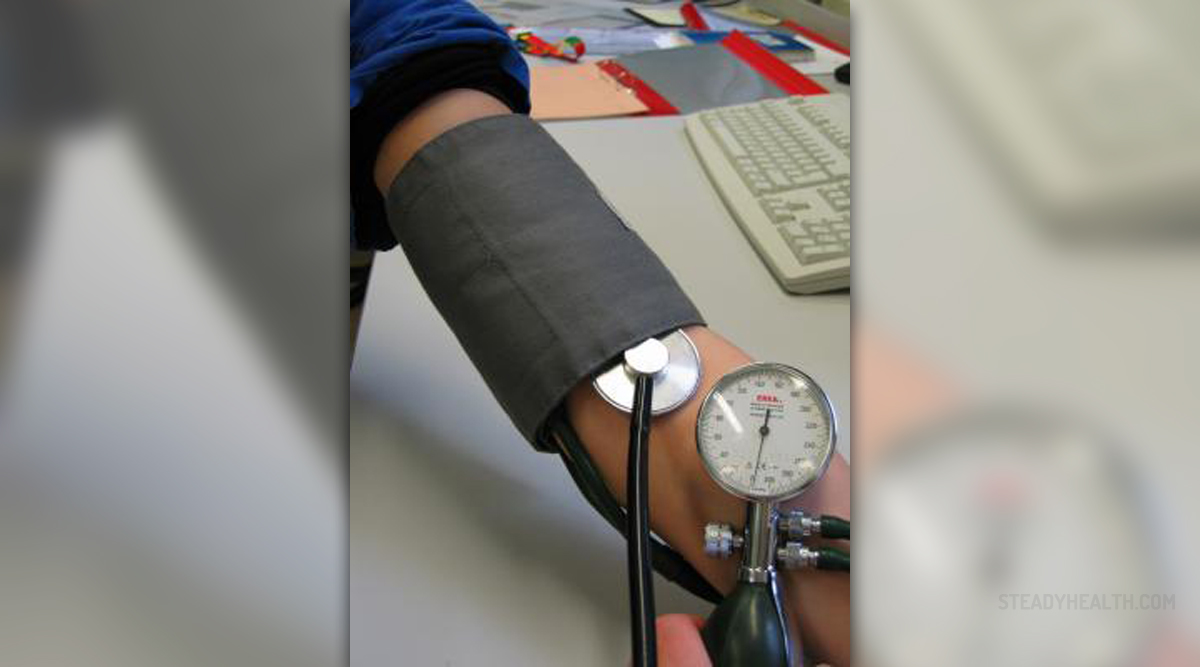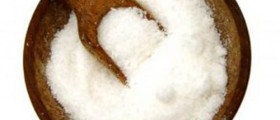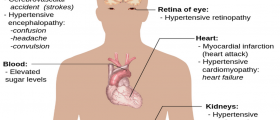
High blood pressure is a medical condition also known under the name hypertension. High blood pressure is a serious health concern, characterized by the abnormally elevated values of pressure at which blood pushes against the arterial walls. Blood pressure is one of the principal vital signs. During each heartbeat, the heart pumps the blood, which is carried away to the rest of the body through arteries. The blood pressure usually refers to the pressure measured at a person's upper arm. It is measured on the inside of an elbow at the brachial artery, which is the major blood vessel that carries the blood from the heart. Blood pressure values fall most rapidly along the small arteries and arterioles.
Classification for hypertension
The classification of blood pressure applies for adult individuals, aged 18 and older. The classification is based on the average readings in the doctor’s office. According to the American Heart Association, the high blood pressure is characterized by four different stages.
The prehypertension, in which the blood pressure measurements expressed as mmHg show 120 – 139 for systolic and 80-89 for diastolic.The stage 1 hypertension, in which the blood pressure measurements expressed as mmHg show 140 – 159 for systolic and 90-99 for diastolic.The stage 2 hypertension, in which the blood pressure measurements expressed as mmHg show 160 – 179 for systolic and 100-109 for diastolic.Hypertensive crisis is any blood pressure in which readings of more than 180/110 mmHg are recorded.
Hypertensive crisis is a medical emergency accompanied with acute impairment of the organ system and possible irreversible organ damage. Cardiovascular system is especially endangered by the high blood pressure. However, the risk of cardiovascular disease starts much before hypertensive crisis, as it increases progressively with blood pressure above 115/75 mmHg.
Causes of high blood pressure
For most patients, there is no identifiable cause of high blood pressure. These patients fall under the category of essential hypertension patients, and for them, the disease seems to be developing gradually and over many years.
The secondary hypertension counts for a small number of patients, and it is defined as a condition of high blood pressure caused by an underlying medical condition. Many different health conditions can be responsible for secondary hypertension. Among them, the most frequent causes are kidney problems, adrenal gland tumors, congenital defects in blood vessels and abuse of illegal drugs (especially cocaine and amphetamines). Certain medications, such as birth control pills, cold remedies, decongestants and pain relievers, are also associated with secondary hypertension.

















Your thoughts on this
Loading...